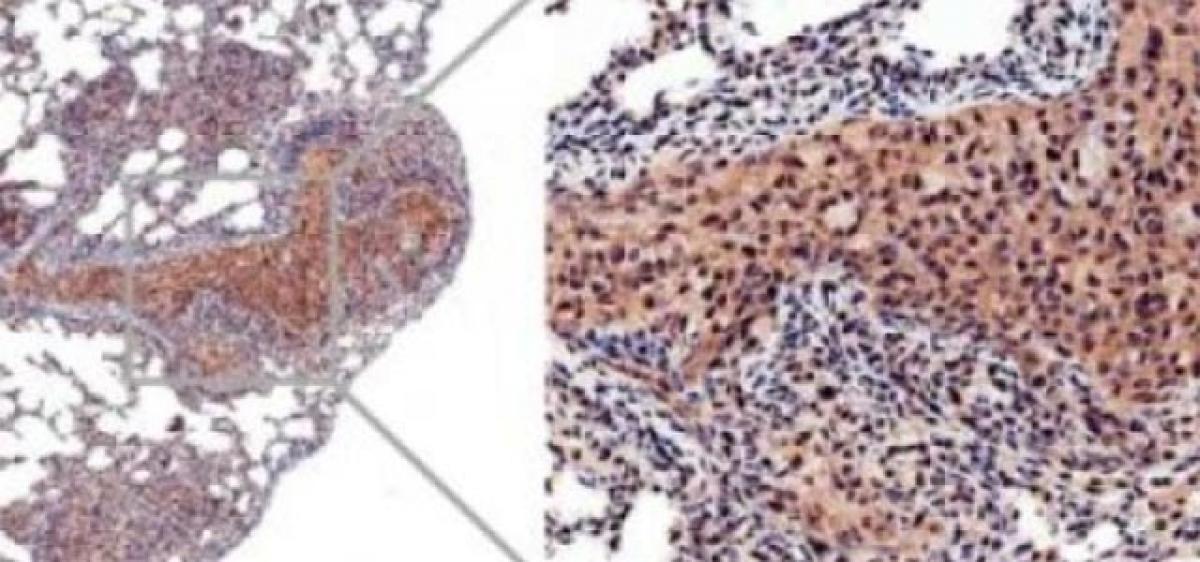Live
- CM Vijayan loses cool when asked if elections would be assessment of his governance
- Punjab Congress chief challenges BJP to nominate state prez Jakhar to contest polls
- Mamata Banerjee continues to fire salvos at Calcutta HC against ruling in school jobs case
- Indian healthcare platform exposed 4.5 lakh sensitive documents, clinical data of patients: Report
- Pratani Ramakrishna Goud’s ‘Dhiksha’ marks grand commencement
- Satyadev shines in raw action avatar with ‘Krishnamma;’ set for a grand release on May 10
- South Korea, Japan could consider simplified entry agreement amid warming ties: Seoul official
- Special Polling Arrangements And Voter Facilities In Outer Manipur Lok Sabha Seat
- Shruti Haasan’s ethnic wear look captivated onlookers
- Crucial schedule of ‘Kubera’ starts in Mumbai









